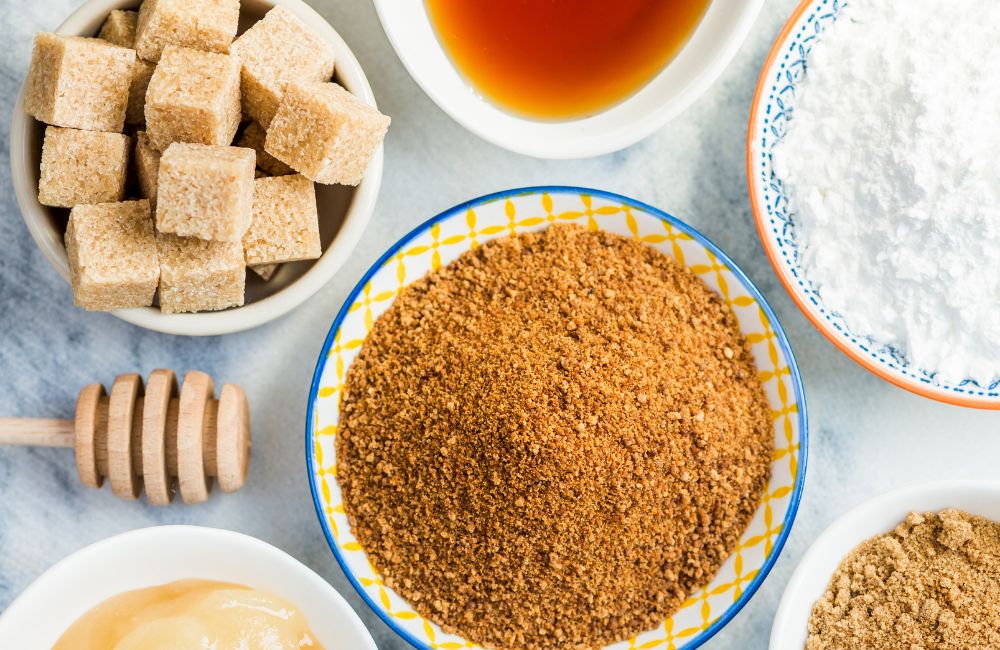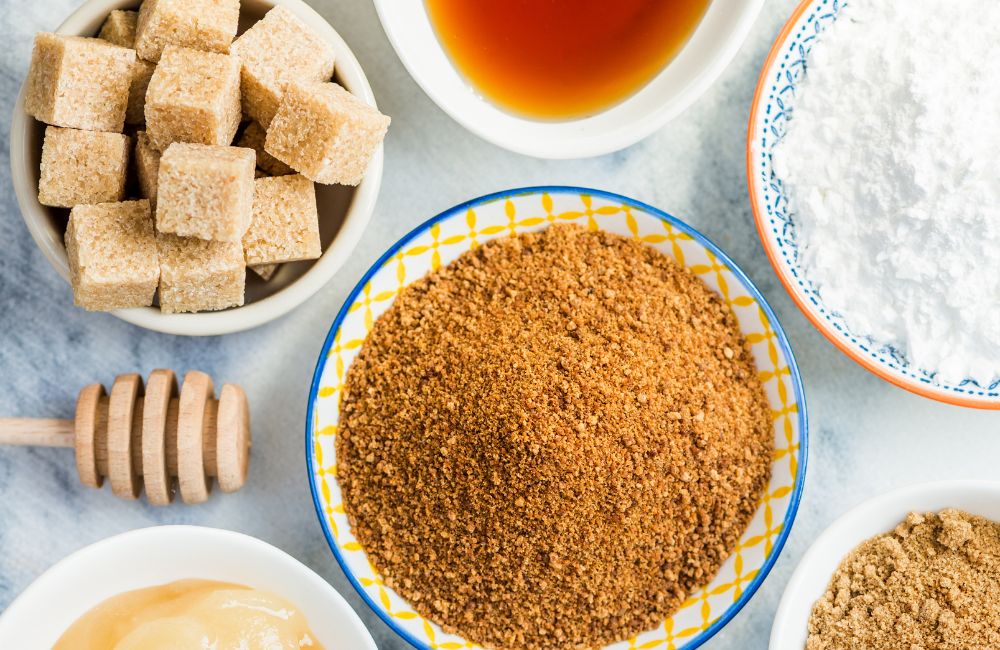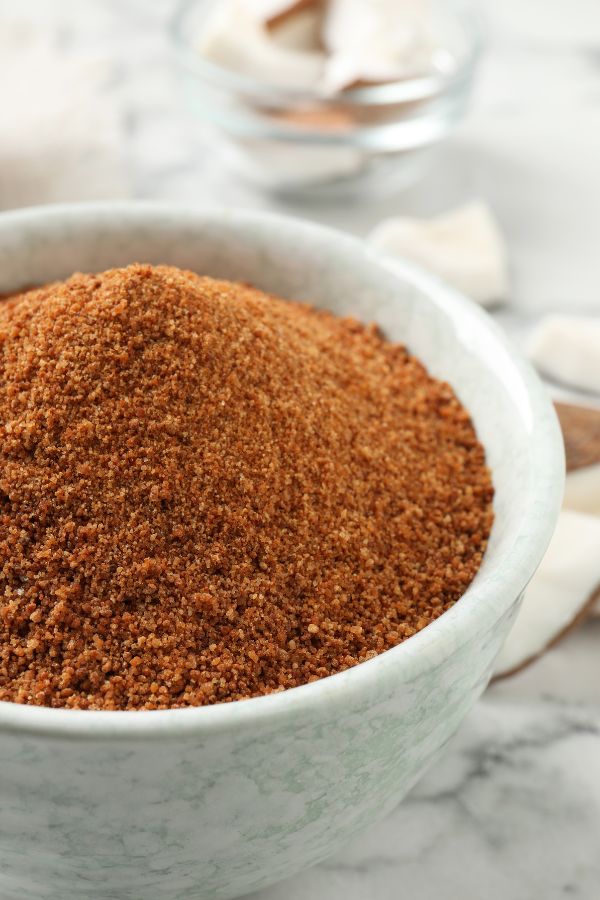
Sugar is a ubiquitous ingredient found in a wide range of foods, but not all sugars are created equal. Some sugars offer nutritional benefits, while others can have detrimental effects on our health. Understanding the science behind different types of sugars and their impact on the body is essential for making informed dietary choices.
In this article, we will delve into the composition of sugars and explore the five best types of sugar that provide some benefits. Additionally, we will discuss the types of sugar to avoid and their effects on the body based on scientific research.
The Science of Sugars and Their Effects on the Body

Sugars are carbohydrates that our bodies use as a primary source of energy. They can be classified into simple sugars, such as glucose, fructose, and galactose, and complex sugars, which are made up of multiple simple sugar units.
When we consume sugars, enzymes in our digestive system break them down into these simple sugar units, which are then absorbed into the bloodstream.
However, the way different sugars are metabolized can have varying effects on the body. For example, fructose is primarily metabolized in the liver, and excessive consumption of fructose, particularly from sources like high-fructose corn syrup (HFCS), has been linked to increased risk factors for obesity, metabolic syndrome, and non-alcoholic fatty liver disease (NAFLD) [1].
The Best Types of Sugar:

- Natural Fruit Sugars (Fructose): Found naturally in fruits, fructose comes with dietary fiber, vitamins, and antioxidants that slow down its absorption. A study published in the “American Journal of Clinical Nutrition” highlighted that consuming whole fruits is associated with a lower risk of type 2 diabetes [2].
- Honey: Raw, unprocessed honey contains antioxidants and trace minerals. A study published in the “Journal of Medicinal Food” suggests that honey exhibits antimicrobial and anti-inflammatory properties, making it a potentially healthier sweetener option [3].
- Maple Syrup: Made from the sap of maple trees, pure maple syrup contains antioxidants and small amounts of minerals like zinc and manganese. Research published in the “Journal of Functional Foods” suggests that maple syrup may have a positive impact on metabolic health [4].
- Coconut Sugar: Derived from the sap of coconut trees, coconut sugar contains inulin, a type of dietary fiber that may help regulate blood sugar levels. A study in the “Journal of Medicinal Food” reported that inulin consumption is associated with improved glucose tolerance [5].
- Stevia: A natural sweetener extracted from the leaves of the Stevia rebaudiana plant. A study in the “British Journal of Clinical Pharmacology” found that stevia consumption did not significantly impact blood glucose levels in patients with type 2 diabetes [6].
Sugars to Avoid:
- Refined White Sugar: Highly processed and stripped of nutrients, refined white sugar can lead to rapid spikes and crashes in blood sugar levels. A study in the “Journal of the American Medical Association” linked higher sugar intake to a significantly increased risk of cardiovascular disease mortality [7].
- High-Fructose Corn Syrup (HFCS): Commonly found in processed foods and sugary beverages, HFCS has been linked to obesity and metabolic disorders. Research published in the “Journal of Nutrition” indicated that HFCS consumption may contribute to weight gain and increased cardiometabolic risk [8].
- Artificial Sweeteners: While they may have zero calories, artificial sweeteners like aspartame and saccharin have been associated with potential health risks. A study in “Obesity Reviews” suggested that artificial sweeteners might influence metabolic processes and appetite regulation [9].
- Agave Nectar: Often marketed as a healthier alternative, agave nectar is actually high in fructose. Research published in the “Journal of Clinical Endocrinology & Metabolism” found that excessive fructose consumption may contribute to insulin resistance and metabolic disturbances [10].
- Brown Rice Syrup: Despite its natural image, brown rice syrup consists primarily of glucose. A study published in “Environmental Health Perspectives” reported that rice syrup-based products may contain elevated levels of arsenic, a known toxic element [11].
Conclusion
The science behind sugars and their effects on the body underscores the importance of making wise dietary choices. Opting for natural sugars like fructose from whole fruits, honey, maple syrup, coconut sugar, and stevia can provide sweetness with added nutritional benefits.
Meanwhile, avoiding or limiting refined white sugar, high-fructose corn syrup, artificial sweeteners, agave nectar, and brown rice syrup can improve metabolic health and reduce the risk of chronic diseases.
By understanding the scientific context, we can take control of our dietary habits, prioritize long-term health, and enjoy a balanced and satisfying approach to sugar consumption.


